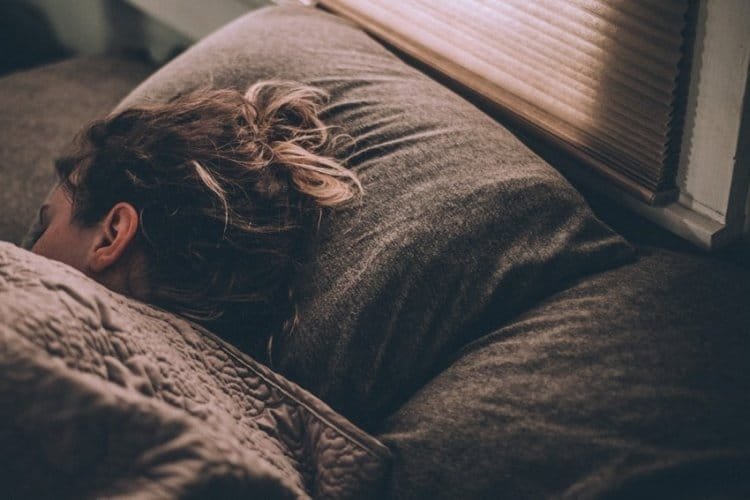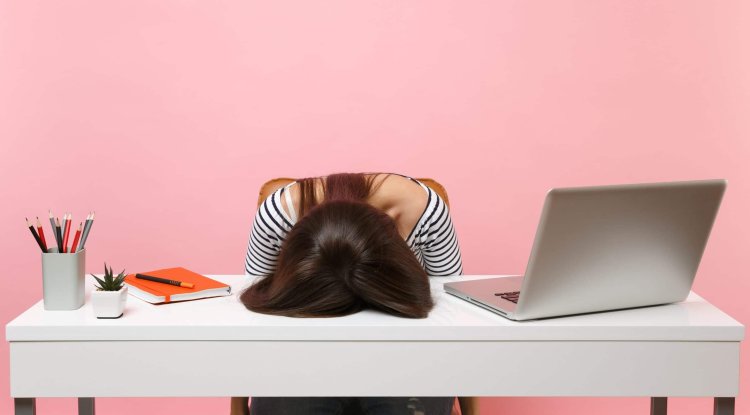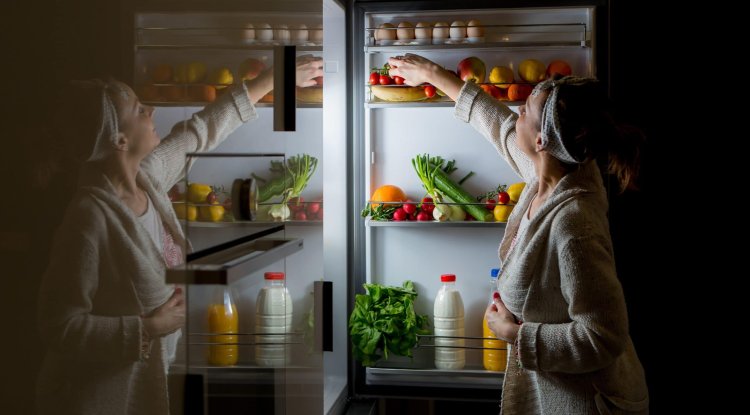Sleep as a priority: Why is 8 hours of sleep the healthiest recommendation?
Find out how and why experts have determined how many hours of sleep we need for optimal health and what are the recommendations for the best quality sleep during the night

Research shows that we sleep for almost a third of our lives, and the positive aspects of quality sleep have a long-lasting effect on our general health. So although each person individually needs a certain number of hours to sleep, the usual recommendation is eight hours a night.
On the other hand, most young adults sleep about seven and a half hours during the week, or eight and a half on weekends, while some people only get enough five and a half hours of sleep. But there are also those who sleep up to nine and a half hours a night. Experts explain this data by the fact that the need for sleep is conditioned by genetic inheritance, sleep hygiene, sleep quality, and daily rhythm.
Chemical reactions in the brain
A good night's sleep is very important for normal brain function. Namely, during sleep, entire cascades of chemical reactions alternate in the brain, connections between neurons are restored, and the information we receive during the day seeks its place in the memory circuit. This is the reason why quality sleep has great importance on our memory abilities.
This has been confirmed by a number of studies that have helped to understand why children need more hours of sleep and why sleep is an important part of recovery after a stroke or brain injury. In the first year of life, children are in the phase of constantly "storing" the information needed for motor functioning of the body, and the amount of data they need to remember provides an answer to the question of why, compared to adults, they need more sleep.
Why exactly 8 hours of sleep a day?
During the sleep experiment, the researchers placed one volunteer subject in a windowless room where it was possible to control the light source. The light was on for 16 hours and turned off for eight hours, but the respondent could also turn it on and off whenever he wanted. Prior to conducting the experiment, the subject typically slept six and a half hours a night. He slept eight hours on the first experimental night, 10 hours on the second, 12 hours on the third, and 14 hours on the fourth. Over the next seven nights, the length of sleep slowly decreased, only to stop at eight hours and 13 minutes.
This experiment was repeated many times, in which different groups of people were examined, but the results were always similar, thus determining the need for eight hours of sleep per night.
Recommendations for a peaceful sleep:
Before going to bed, dim the lights, turn off the music and TV, and avoid high or low temperatures in the room. If necessary, put earplugs, ventilate the room before bed, lower the blinds…
Avoid consuming fluids after 8 pm, which will reduce the number of awakenings per night due to urination. This is especially true of alcohol, which initially calms and can make it easier to fall asleep, but during sleep, it begins to break down and be excreted from the body, which causes sweating or the need to go to the toilet.
Although it seems to you that a cigarette will relax you before bed it is not true. Nicotine is a stimulant and should definitely not be consumed, especially just before bed or when waking up at night.
Sleeping during the day is not recommended, except for a short rest of 10-15 minutes approximately eight hours after waking up. This is especially true for people who have difficulty falling asleep, so they should completely avoid daytime sleep.
Caffeine is another stimulant and is found in coffee, carbonated juices, tea, chocolate, and various over-the-counter medications so they should be avoided for at least four to six hours before bedtime. However, people who consume large amounts of caffeine must be careful not to reduce its intake too abruptly, as this can cause headaches, thus disrupting sleep.
Also, consuming large amounts of food just before going to bed will certainly have a bad effect on sleep. It is recommended to avoid proteins that are better replaced by carbohydrates or dairy products.
By: Olivia J.




























